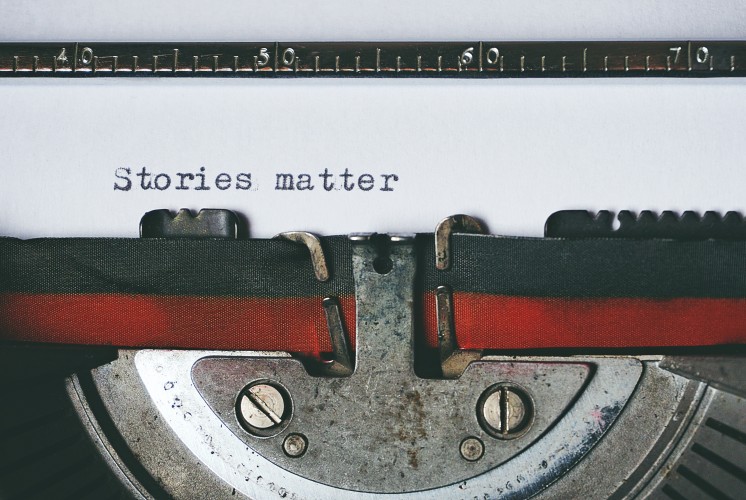Messaging
It is important to promote greater awareness among the general public, elected officials, policymakers, and advocates regarding the harmful impact of the juvenile legal system on youth and their future prospects. Emphasize system failures and how these are affecting system-impacted youth in the long term.
- Children’s lives are derailed and defined by petty crimes committed before a developmental stage when they fully understand the consequences of their actions.
- Often “petty crimes” are acts of survival, such as not paying bus fare to get home or to school because they don’t have the money. What needs to be critically evaluated are the systems that fail these youth rather than focus only on their behavior within the system.
- More people need to be aware that it’s not just teenagers in the juvenile justice system; it’s children of all ages. One individual shared a story of a 7-year-old being prosecuted. The responsibility of paying the fines and fees automatically goes to the parents because a 7-year-old cannot work. Also, it must be understood that interacting with the juvenile justice system at such a young age will impact the rest of their life.
- Systems intended to support communities instead often fail Black and brown families, which increases the likelihood of experiencing trauma.
- Juvenile fines and fees are imposed on Black and brown individuals more frequently than their white peers, creating more harm and more responsibility to manage.
- Support is lacking around the long-term mental health and emotional issues resulting from interacting with the juvenile justice system.
- Affected individuals need empathy, compassion, and access to skilled professionals who can offer mental and emotional health support.
Trauma-Informed Storytelling
When an affected individual tells their story, it can be a traumatic experience. Advocates and storytellers must be skilled interviewers, ideally trained in trauma-informed approaches. Below are some resources on how to conduct empathic and effective interviews with system-impacted individuals:
Advocates can provide mental and emotional health resources by
- offering the following, for example:
- Free or low-cost training for staff/volunteers
- Support groups
- Therapy groups
- connecting and collaborating with local vendors to provide mental health resources.
Outreach and Communication
Support systems play an essential role in connecting affected youth to advocacy groups.
Advocates can build relationships with local schools and other organizations, such as the YMCA, Boys and Girls Club, so those institutions can refer affected individuals to advocates whenever appropriate.
Affected individuals expressed an interest in participating in a platform where they can tell their own stories.
When publishing content or reaching out to affected youth, give explicit instructions on how they can share their story with your organization and the national campaign. System-impacted youth, their families, and advocates can share their stories with the national campaign by tagging us on social media @debtfreejustice #debtfreejustice or emailing us at [email protected]. The following toolkits are also available for download:
